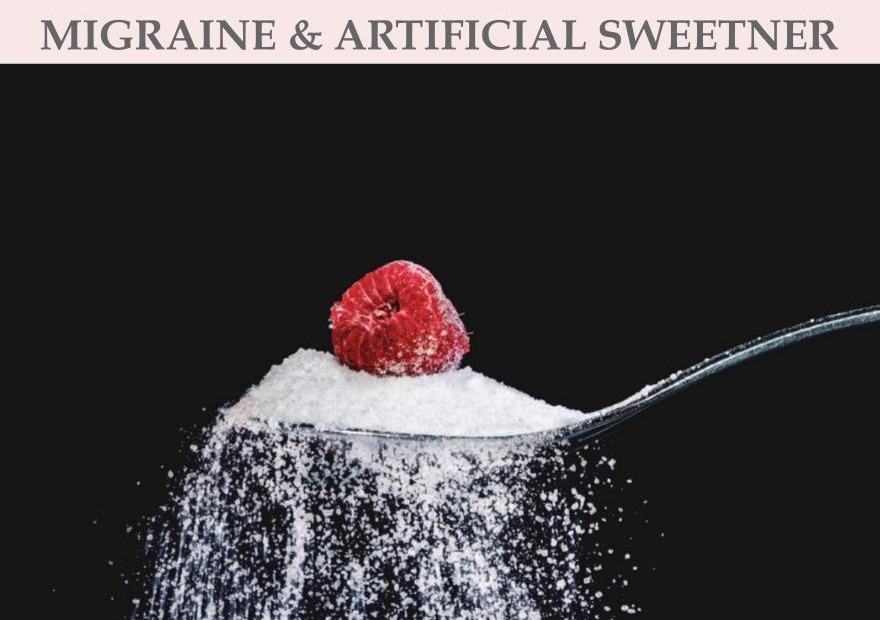
Migraine is a neurological condition characterized by recurrent, throbbing headaches often accompanied by nausea, sensitivity to light, and other symptoms. While the exact cause of migraines is not fully understood, various triggers, including dietary factors, have been identified. Some individuals report a connection between the consumption of certain foods or additives and the onset of migraines. One controversial topic in this regard is the potential link between artificial sweeteners found in diet sodas and the occurrence of migraines. Some studies suggest that substances like aspartame, commonly used in diet sodas, may act as triggers for migraines in susceptible individuals. However, the evidence is not conclusive, and more research is needed to establish a clear connection between artificial sweeteners and migraine headaches.
Artificial sweeteners, such as aspartame, saccharin, and sucralose, are commonly used in diet sodas as sugar substitutes to provide sweetness without the added calories. Despite being approved by regulatory authorities as safe for consumption, concerns have been raised about their potential health effects, including their role in triggering migraines. Individuals who experience migraines are often advised to monitor their diet and identify potential triggers, which may include artificial sweeteners. It is essential for those prone to migraines to consult with healthcare professionals for personalized advice, as triggers can vary widely among individuals. The relationship between artificial sweeteners and migraines remains an ongoing area of research, with experts aiming to provide clearer insights into the potential impact of these additives on migraine susceptibility.
Grotz VL. Sucralose and migraine. Headache. 2008 Jan;48(1):164-5. doi: 10.1111/j.1526-4610.2007.00983.x. PMID: 18184301.
